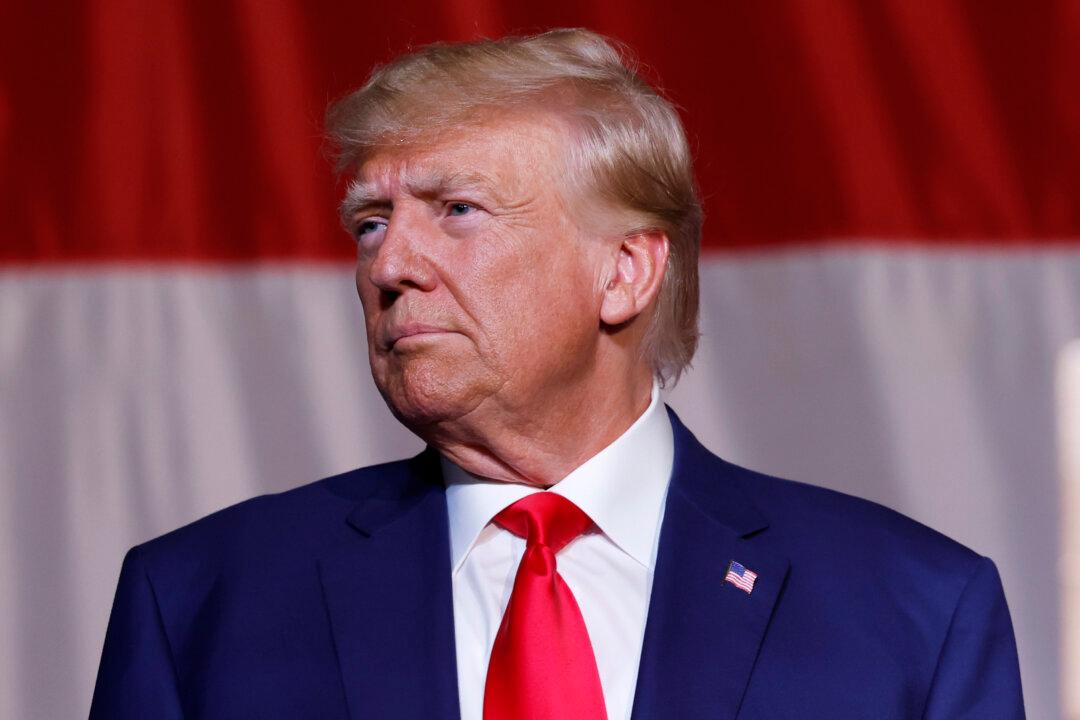Attorneys for former President Donald Trump requested permission to subpoena records related to seven individuals and entities in the case against the Republican presidential candidate in the District of Columbia.
President Trump was charged with four felony counts for his actions in challenging the 2020 election results, and the records that he’s seeking are the ones missing from the archives of the January 6 Select Committee.





